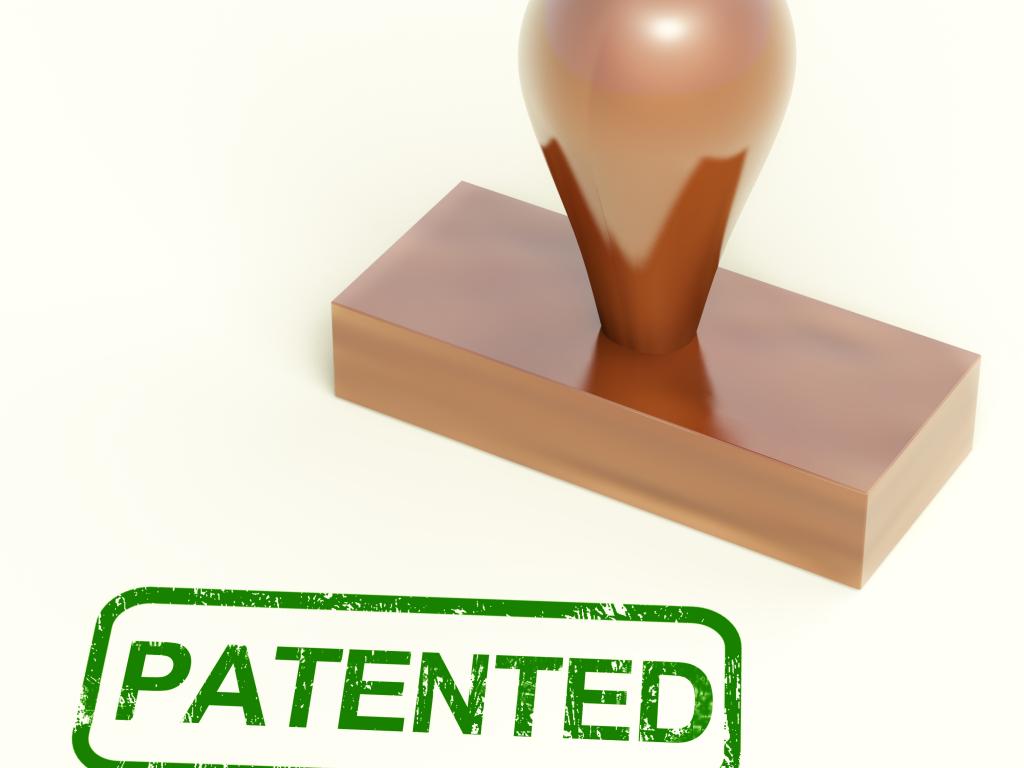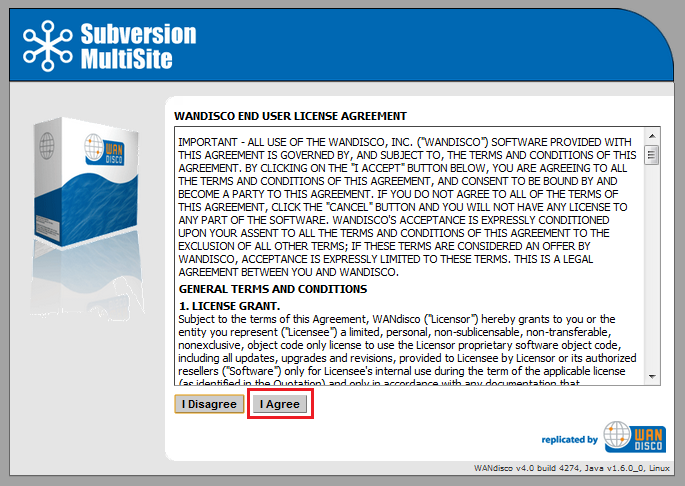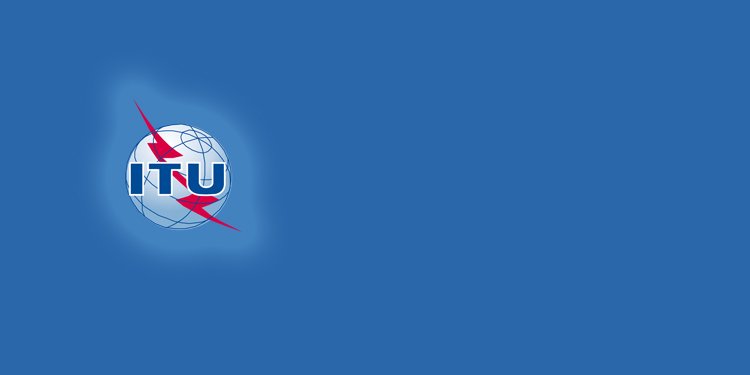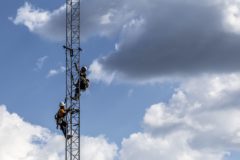There is big money in Software. The software industry, as we know it today, is a multi-billion dollar industry. Just last year, General Electric made a deal with the Japanese telecommunications and Internet giant, Softbank, to license its Predix software platform for the Industrial Internet. This global partnership alone is estimated to bring in potential revenue of over 200 Million dollar across major industries in Japan within the next five years, and over 200 billion dollars in global data analytics across all industries. With the ubiquity of software application for industrial use, it comes as no surprise that most Companies and developers seek potent ways to protect their software innovation mostly to ensure that a competitor cannot “steal” the idea behind a software/app and to guarantee reasonable incentive for their intellectual expenditure. But what can be done to protect Software/apps from cloning since the underlying idea in a software is usually not alien to the public?
Non-Disclosures/Confidentiality Agreements and Trade Secret Protection
There comes a time in the cycle of inventive activities invested into a software product, that the creator/developer of the software may have to work with other people with distinct expertise in order to ship the Software. After the completion of the software also, one may need to share the functionality of the software with would-be investors or entities interested in a licensing arrangement or an outright sale. All these scenarios requires that the software is cloaked with the necessary protection. Trade Secrets and NDAs are viable tools for ensuring a degree of secrecy in situations where the contents or functionality of a software is exposed to third parties. The disadvantage of Trade Secrets however is that it may not be difficult for a competitor to “steal” the underlying idea of the software since the end users of a Software often have a good idea of the functionality of the software from its usage, like reverse engineering sort of.
Copyright Protection
Another protection one can rely on is Copyright. Copyright automatically protects a software provided the software passes the “originality test”. The only snag to using Copyright alone for software protection is that Copyright only protects the exact code used in creating the software. It doesn’t protect the underlying idea, functionality or the “look and feel” of a software. In other words, copyright protects the copying of the software.
Patent Registration
The most viable option for Software protection appears to be securing a patent registration for the software. The good thing about software patent is that it protects the functionality/underlying idea behind a software and guards against copying of the software. In other words, the law will prevent competitors from selling the same software even if it has a different coding as long has it offers the same functionality. The drawback however is that, apart from cost and the time involved in procuring a software patent, there are some legal hurdles that must be passed before a work will be eligible for patent protection.
The requirements for registering Software patents differ from jurisdiction to jurisdiction. In the US for example, a recent decision of the Supreme Court watered down the possibility of procuring a software patent. The US court was of the view that an idea must be capable of being transformed into technical use before it can be protected by patent. The Court pointed out that an abstract idea does not qualify for patent protection merely because the idea can be implemented using a computer with generic hardware components. Similarly in Nigeria, for a work to be eligible for patent protection, it must be new, it must be a result of inventive work and one must be able to put it to industrial use. Sadly, the Nigerian Patent office is more or less like a “deposit office” where the emphasis is not really placed on checking whether an “invention” meets the requirement of the law relating to newness and possibility of industrial use. This means that a completed patent registration does not translate to a foolproof protection.
Since patents (in Nigeria) are granted at the risk of the patent owner and without guarantee of their validity, the merits of each patent registration can only be determined on a case by case basis upon being challenged in the Court. Perhaps, a useful guide to increase the chances of a patent in court is to, at the time of filing a patent application, describe in detail the overall workings of the software and the overall computer architecture of the system within which the software will exist.
This post is intended to provide general information on this topic. Specialist advice should be sought on your specific circumstance.
Photo Credit HTML: opensourceway via Compfight cc



















